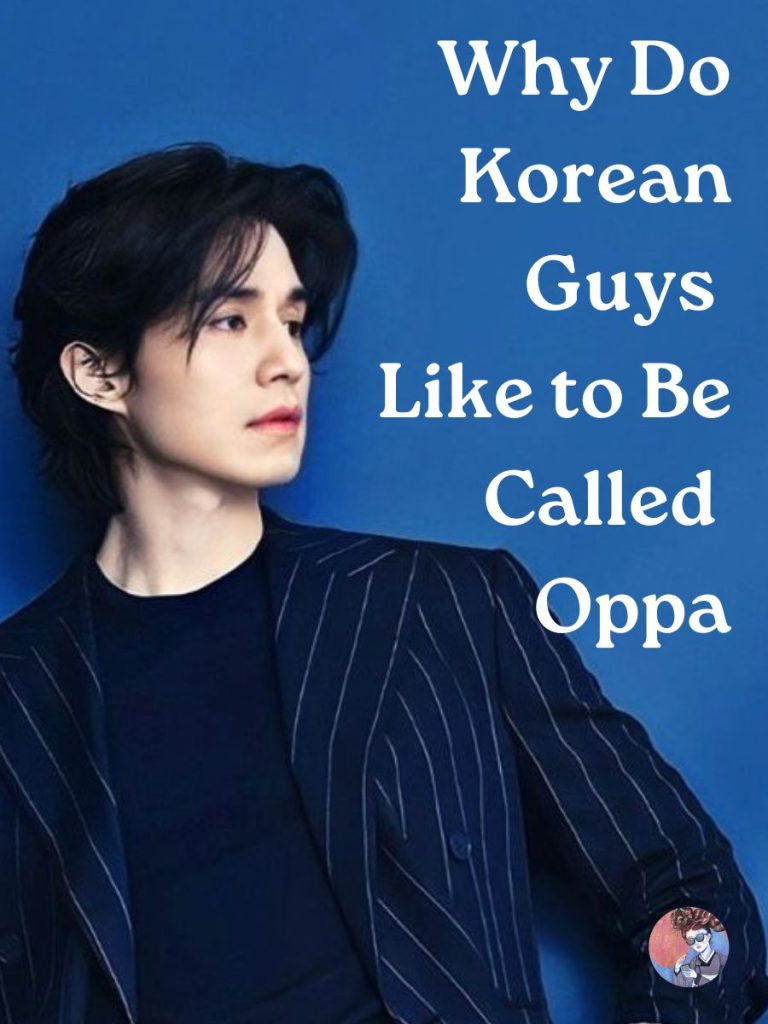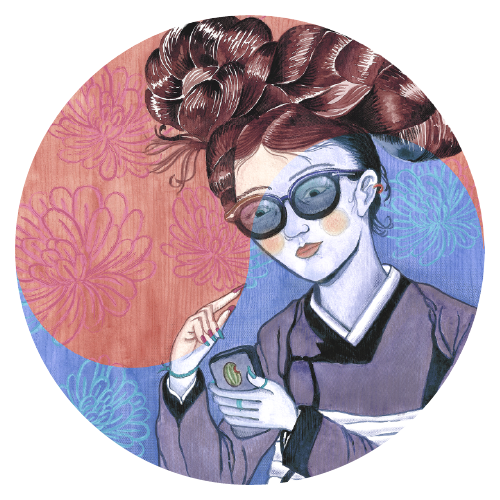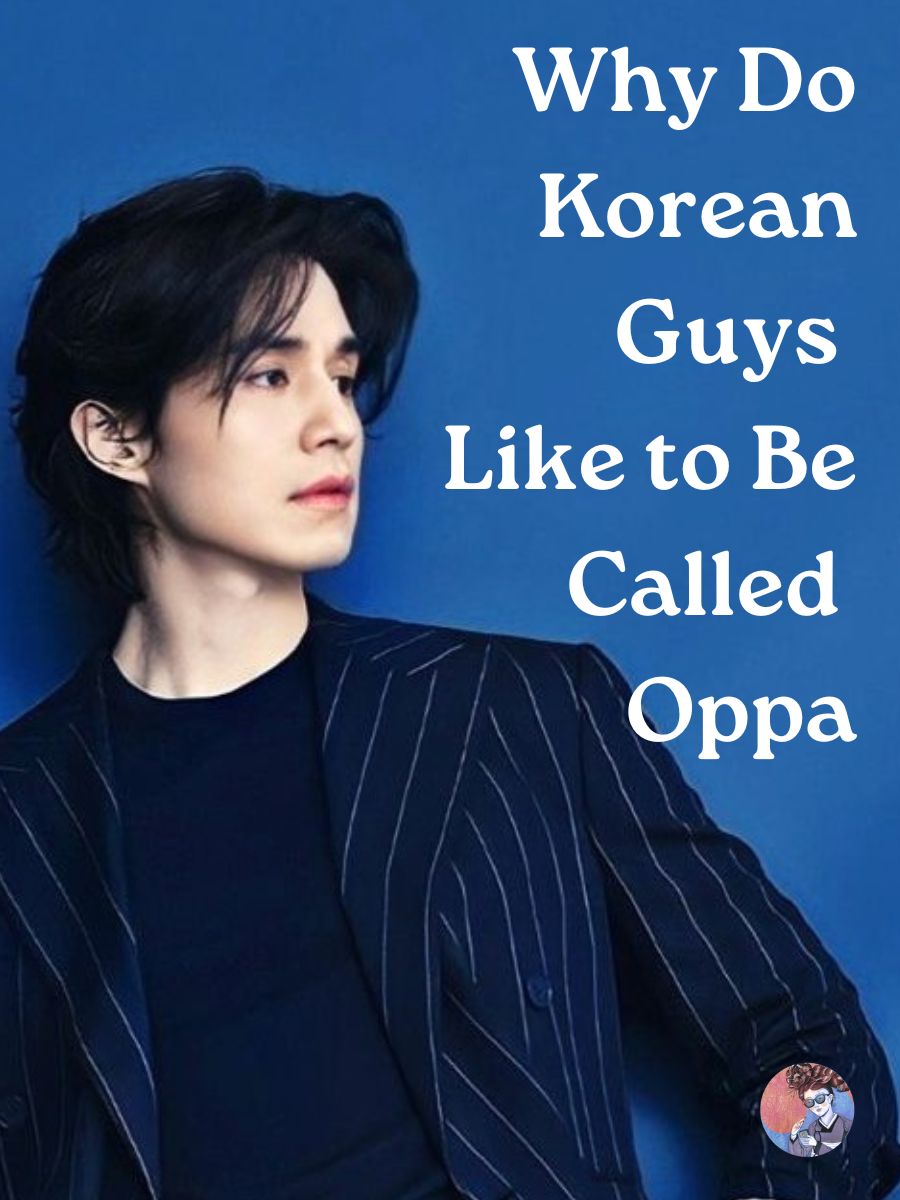
Curious to know why Korean men like to be called oppa or why they ask you to call them that?
I’ll explain the cultural, psychological, and social reasons why Korean guys love to hear the title, oppa.
Quick Summary
- Culturally, oppa sounds responsible, reliable, and respectable as a traditional role of guardian.
- Psychologically, hearing oppa boosts self-esteem and stirs up protective instincts.
- Socially, oppa feels intimate and close while having a positive image from K-dramas.
- But really, Korean men simply hate being called ajeossi.
Some people say, “Not every Korean man enjoys being called oppa,” but I beg to differ.
From my 30-something years in South Korea, I haven’t met a single Korean guy who dislikes hearing the word, oppa.
Even Psy said that he made the song “Gangnam Style” because he wanted to be called oppa.
There are many reasons why Korean men love to be called oppa.
Culturally
1. Traditional Role of Guardian
Korean men have traditionally taken on the role of guardian.
Oppa, which means big brother, symbolizes this role of responsibility.
As a Korean woman, oppa feels like someone I can trust, rely on, or even look up to.
2. Respectful and Affectionate Title
The word oppa itself shows some level of respect and friendliness.
Korean women will not use the term oppa to call a complete stranger or someone we dislike.
Men love to hear it because it feels warm and sounds cute coming from a girl.
Psychologically
1. Self-esteem Boost
Being called oppa makes Korean men feel they are trustworthy and important.
This boosts their self-esteem.
2. Protective Instincts
It stirs up protective instincts because hearing oppa makes Korean men feel like the speaker is relying on them.
When Korean men hear the word oppa, they will happily do something for you in general, such as fixing your laptop or helping with your college assignments.
Socially
1. Intimacy
As an endearing term, oppa feels intimate and close.
It brings the relationship between two people closer and helps them communicate with each other better.
2. Influence from Media
Oppa is often portrayed as a charming, kind, and successful guy in K-dramas and movies.
It naturally creates a positive image for oppa.
But Really
Hate Being Called Ajeossi
Rather than being obsessed with the title oppa, Korean men simply don’t want to be called ajeossi more than anything. Just like how no Korean woman likes being called ajumma.
Being called ajeossi makes them feel older than they are.
When they hear the word ajeossi, Korean men feel distant from the speaker as well.
Many K-pop lyrics include, “I love you, oppa,” but no one loves ajeossi.
Conclusion
If you are a girl and feel comfortable with a Korean guy who is slightly older than you, feel free to call him oppa. He will be happy to hear that.

